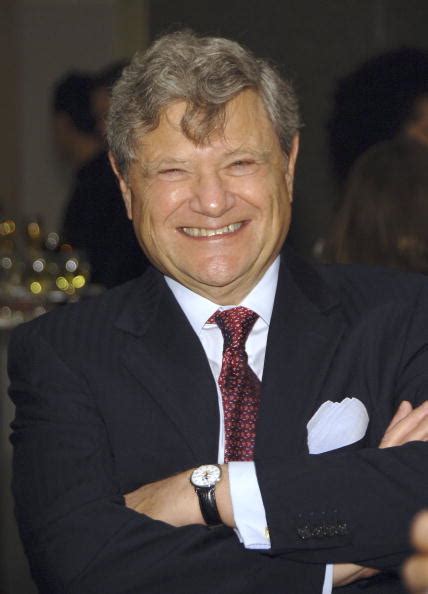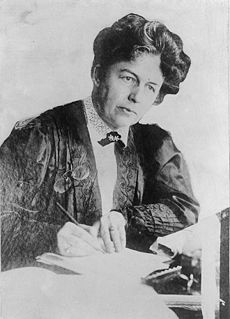A Quote by Jerry Speyer
For centuries, the horrors of war have been sculpted by artists so people would never forget.
Related Quotes
In every major war we have fought in the 19th and 20th centuries. Americans have been asked to pay higher taxes - and nonessential programs have been cut - to support the military effort. Yet during this Iraq war, taxes have been lowered and domestic spending has climbed. In contrast to World War I, World War II, the Korean War and Vietnam, for most Americans this conflict has entailed no economic sacrifice. The only people really sacrificing for this war are the troops and their families.
I know I have been portrayed as a general looking for war. Many other headlines speak of that. That's what people say. But I understand the importance of peace because I saw the horrors of war. That's how I see it. I lost my best friends in battles.. and I had to make decisions of life and death, of others and myself.
I would like to use this little flower as a metaphor. The five petals of the little forget-me-not flower prompt me to consider five things we would be wise never to forget....first, forget not to be patient with yourself...second, forget not the difference between a good sacrifice and a foolish sacrifice...third, forget not to be happy now...fourth, forget not the why of the gospel...fifth, forget not that the Lord loves you.
For some reason a nation feels as shy about admitting that it ever went forth to war for the sake of more wealth as a man would about admitting that he had accepted an invitation just for the sake of the food. This is one of humanity's most profound imbecilities, as perhaps the only justification for asking one's fellowmen to endure the horrors of war would be the knowledge that if they did not fight they would starve.
My opposition to war was not because of the horrors of war, not because war demands that the race offer up its very best in their full vigor, not because war means economic bankruptcy, domination of races by famine and disease, but because war is so completely ineffective, so stupid. It settles nothing.
In times of war, as everyone knows, who has lived through one, or talked to soldiers when they are allowing themselves to remember the truth, and not the sentimentalities with which we all shield ourselves from the horrors of which we are capable ... in times of war we revert, as a species, to the past, and are permitted to be brutal and cruel. It is for this reason, and of course others, that a great many people enjoy war. But this is one of the facts about war that is not often talked about.


































